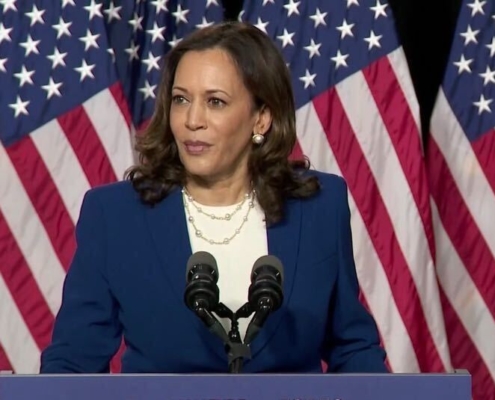
UCLA Faculty Share Insights on Historic VP Pick
The historic selection of Senator Kamala Harris, as the first…
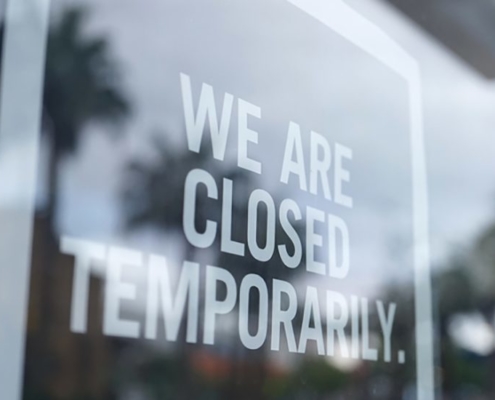
CPL Latest Brief Highlights Unemployment Insurance Claims in California During the COVID-19 Pandemic
Earlier this month, the UCLA California Policy Lab released their…
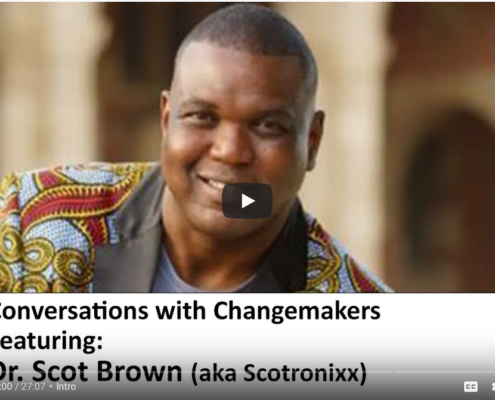
LA Social Science Presents “Conversations with Changemakers” Featuring Dr. Scot Brown Discussing Black Cultural Production
Dr. Scot Brown, a UCLA professor and musician, talks with LA…

LA Social Science Book Series on the History of Chromosones with Dr. Soraya de Chadarevian
In the first interview of the book series, Heredity Under…
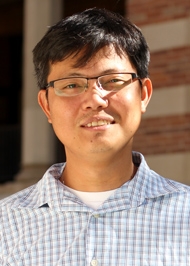
The Juxtaposition of the Stories Monuments Tell in the Philippines
UCLA Professor Stephen Acabado recently co-authored an essay…
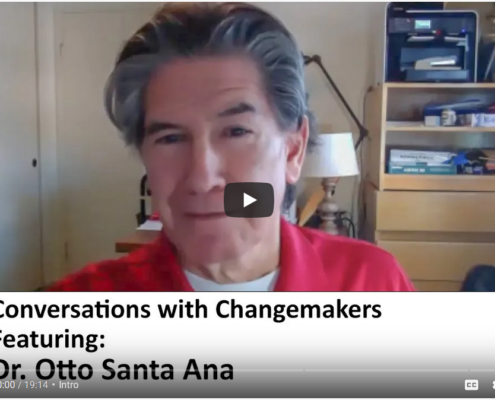
LA Social Science Presents “Conversations with Changemakers” Featuring Dr. Otto Santa Ana Discussing DACA and the Supreme Court
Leading expert and pioneer in his field, UCLA distinguished…
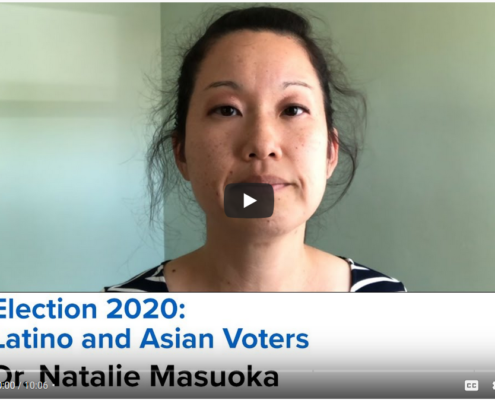
LA Social Science Election 2020: Latino and Asian Voters
UCLA Political Scientist and Race, Ethnicity, and Politics…
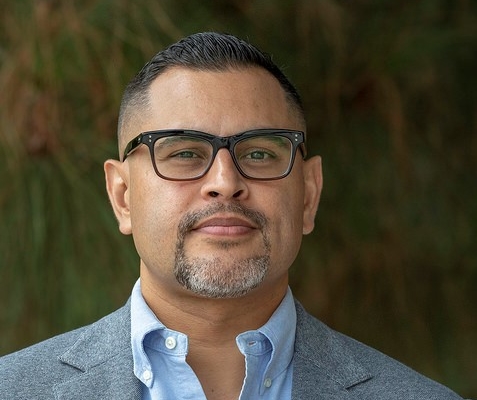
UCLA Professor Efrén Pérez Discusses the Evolution of the Term “People of Color” and Its Current Meaning
In a recent Washington Post (Monkey Cage) essay, Dr. Efrén…
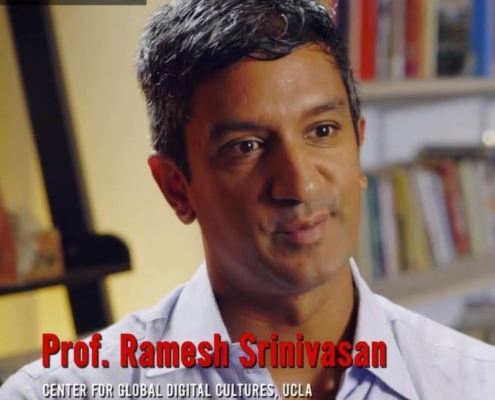
The Promise of an Inevitable Tech Future that Obscures More than It Inspires
Dr. Ramesh Srinivasan, UCLA Professor of Graduate Studies of…
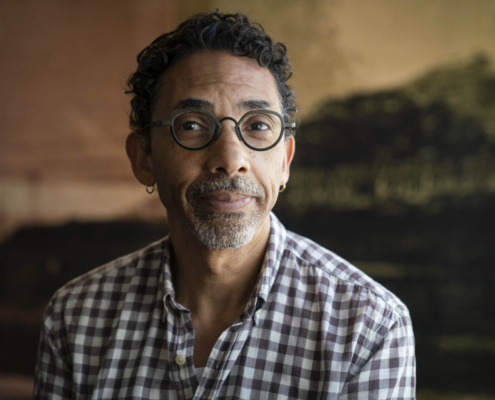
Dr. Robin D.G. Kelley Provides Historical Context for the Current Abolitionist Movement
Dr. Robin D.G. Kelley, UCLA Professor of African American…

